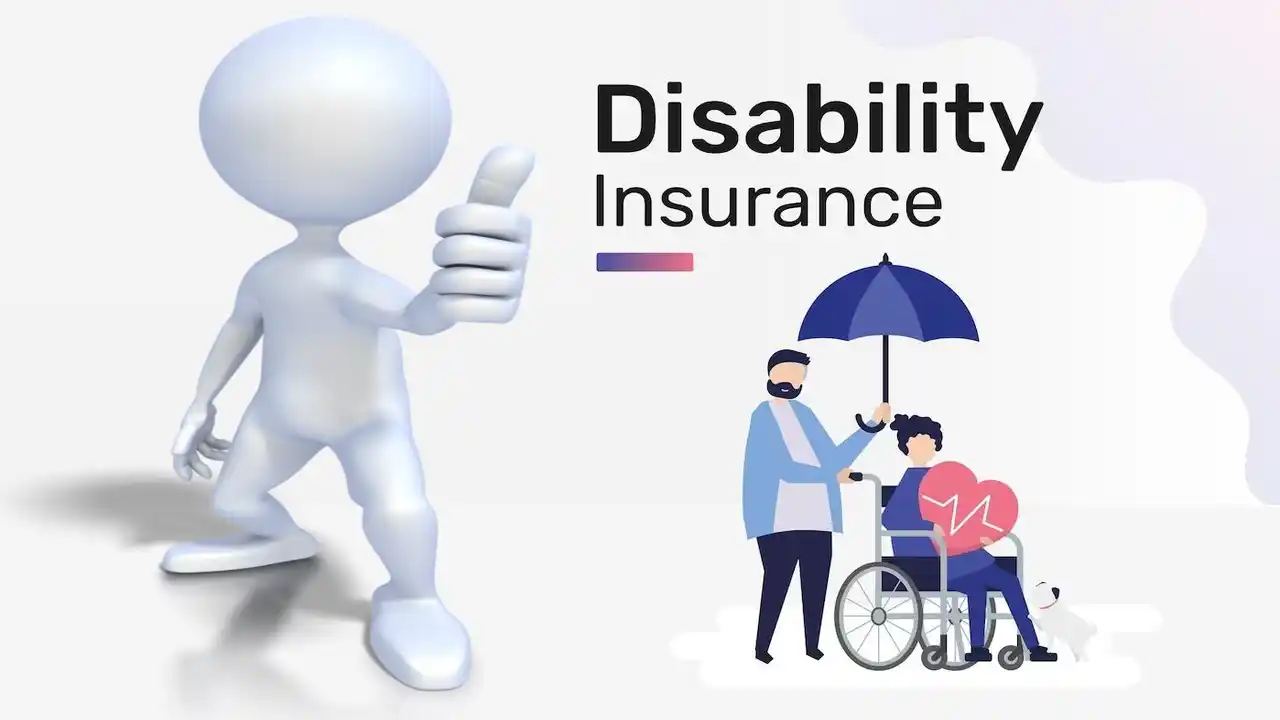Business Interruption Insurance is designed to protect businesses against the financial repercussions of unforeseen delays. Whether it is a fire, a disaster, or an issue with the supply chain, this insurance coverage provides the funds necessary to cover costs, maintain cash flow, and keep the business operating. When businesses must address unforeseen issues, their financial stability is jeopardized. Business interruption insurance serves as a safety net, providing monetary assistance that can make all the difference in mitigating the effects of disruptions and assisting businesses in regaining their footing more quickly. In this article, we will cover the business interruption insurance along with equivalent matters around the topic.
Business Interruption Insurance protects against more than just tangible damage from natural disasters. It may also include government-ordered shutdowns, power disruptions, and hacking attacks that disrupt operations. This makes it a valuable asset for businesses operating in an uncertain environment. Unanticipated interruptions are more likely to incur costs for small businesses. Business Interruption Insurance is a crucial instrument for these businesses because it provides the funds they need to weather the storm and continue to serve their clients. To increase your knowledge on gap insurance, continue reading.
Business Interruption Insurance Meaning
Business interruption insurance is often an add-on to property insurance. Review policy terms, including limits, waiting periods, and exclusions, carefully.
Business interruption insurance is essential because it assists businesses in regaining their footing after an unforeseen event and resuming operations as quickly as feasible. It assists businesses in meeting their financial obligations, retaining their employees, and retaining their customers during tough economic circumstances. Without this insurance, the financial consequences of a business interruption may be insurmountable, causing long-term damage to the company.
Business Interruption Insurance Coverage
Even if an unforeseen event occurs, Business Interruption Insurance can assist businesses in protecting their clients and maintaining their market position. This insurance policy aids businesses in retaining their customers’ confidence and loyalty by assuring that they can continue operating and recover quickly. In today’s volatile business environment, companies that prioritize This Insurance are more likely to survive and flourish. By being proactive and prepared, they can mitigate the financial impact of disruptions. This exemplifies their perseverance and dedication to long-term success. To serve your research and educational needs, here is a list of business interruption insurance.
Leasehold Interest Protection
The leasehold interest coverage reimburses you for the money you lose if your lease is canceled or terminated as a result of an insured event. It aids businesses in recovering rent and other lease-related expenses.
Named Perils Coverage
This form of business loss insurance protects against a variety of perils, including fire, flood, and earthquake. For instance, if a fire at a restaurant forces it to close for a period of time while repairs are made, this coverage would compensate for the lost income during that time.
Payroll Protection
Payroll coverage reimburses a business for employee fees and compensation paid during a disruption. This coverage ensures that firms are able to continue paying their employees even if they are unable to work for an extended period.
Contingent Business Interruption Coverage
This coverage protects against revenue loss resulting from the insolvency of key clients or suppliers. For instance, contingent business interruption insurance may help compensate for lost sales if a natural calamity forces a manufacturer’s key customer to close for an extended period of time.
Extended Indemnity Coverage
With extended indemnity coverage, the payout period exceeds the amount of time necessary to rebuild or rehabilitate a business. It represents the additional time required to revert to the same income level as before the interruption. This coverage is particularly advantageous for businesses that require more time to recover, such as manufacturing facilities.
Dependent Properties Coverage
This coverage is essential when a business relies on a dependent property, like a key supplier. If that property’s failure leads to financial loss for the insured business, this coverage compensates for the lost income. For example, if a bakery depends on a flour supplier that encounters issues, resulting in the bakery’s closure, dependent properties coverage covers the costs.
All-risk Protection
Unless otherwise specified, an all-risk policy protects against a wider range of risks than a policy with specified perils. For instance, if lightning strikes a factory and causes damage that necessitates an extended shutdown, this coverage would help cover the resultant loss of income and other expenses.
Service Interruptions Coverage
Service interruption coverage activates when a covered event causes essential utilities like power, water, or phone service to fail at a business. This insurance would assist in compensating for the loss of income. For instance, if a data center loses power and as a consequence is unable to provide services to clients, service interruption coverage would help cover the costs.
Restoration Period
The time required for a business to revert to normal following a disruption is known as the repair period. Typically, business interruption insurance covers lost income and ongoing expenses during this time.
Coverage of Gross Earnings
This coverage compensates for total income loss, including net profits and operating expenses during an interruption. For example, if a natural disaster closes a store, it helps cover lost income, rent, payroll, and utilities.
Extra Expense Protection
Extra expenditure coverage reimburses a business for any additional expenses incurred due to a disruption. Some of these costs may include the rental of transitory facilities, the leasing of equipment, and the establishment of new supply routes. For instance, if a large fire broke out in a hotel and guests had to be relocated, extra expense coverage would pay for the relocation expenses.
Civil Authorities Coverage
Civil authority coverage activates when government restrictions bar entry to a business, like during evacuations or curfews. For instance, if a gas release closes a restaurant, it compensates for lost profits during the closure.
FAQ
Who should Think about Purchasing Business Interruption Insurance?
All companies, regardless of size, should contemplate purchasing business interruption insurance. Small and medium-sized enterprises (SMEs) are especially susceptible to the financial repercussions of disruptions; therefore, this protection can be extremely advantageous.
Is Business Interruption Coverage Limited to Physical Damage?
Business Interruption Insurance provides coverage for more than just tangible damage. It can also cover issues with the supply chain, power disruptions, and even hacking that prevent a business from operating.
What does Business Interruption Insurance Entail?
This insurance is a form of coverage that safeguards companies against financial losses resulting from natural disasters, fires, and other occurrences that prevent them from operating normally.
Conclusion
Even a fleeting disruption in business operations can have lasting effects on a company’s profitability. Business Interruption Insurance provides organizations with the funds necessary to recoup lost income and expenses, enabling them to resume normal operations and maintain a competitive edge. We hope this guide, in which we discussed business interruption insurance, was informative and beneficial for you.






